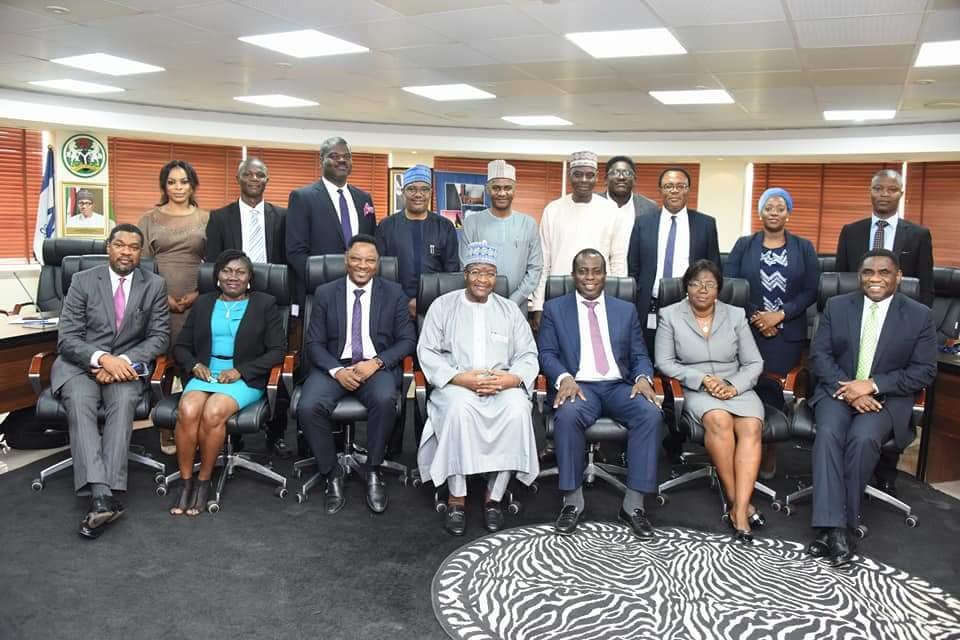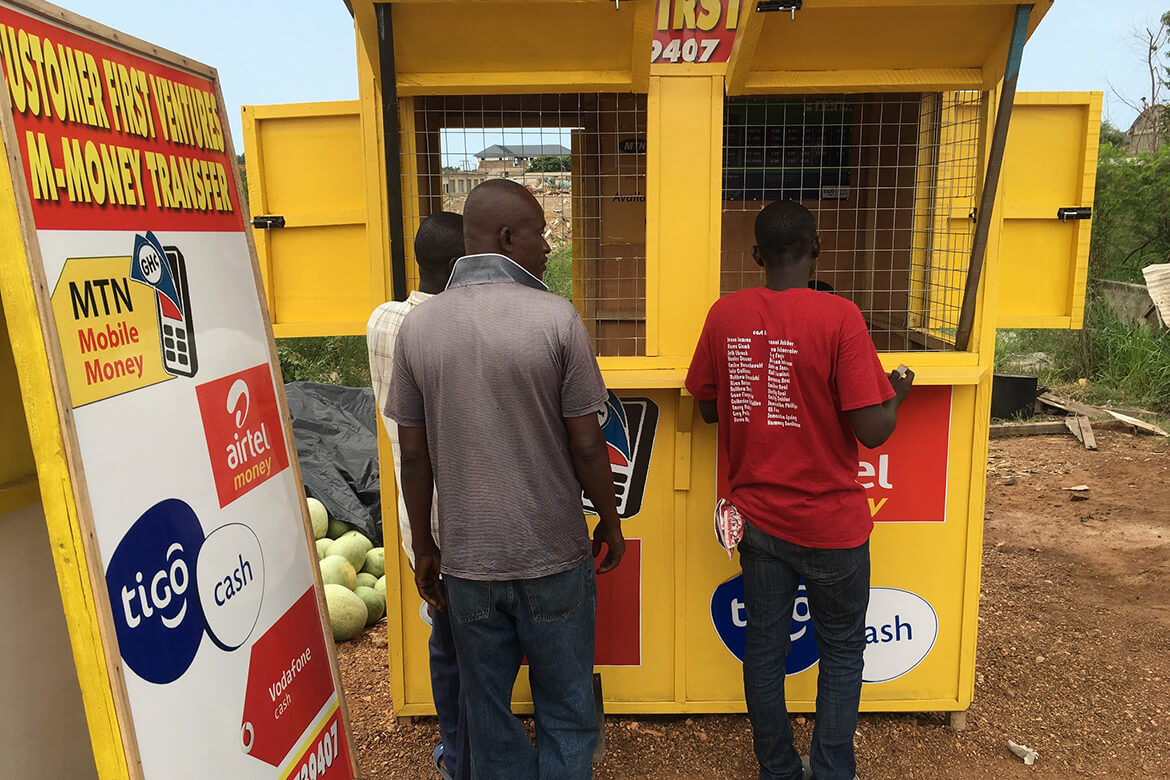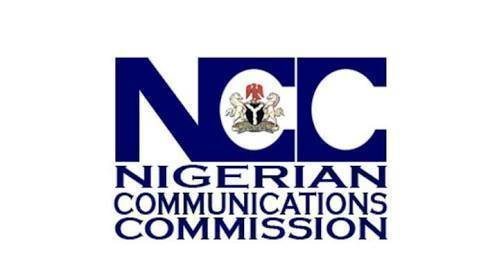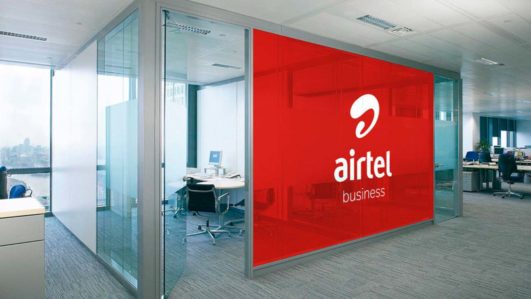A telecoms law expert in Lagos, Mr. Jide Oworu, has explained that the only way to end the nightmares of telecom investors on cases of multiple taxation especially by states governments is a review of all related laws by the National Assembly.
In an interview on Monday, he revealed that “For Nigeria to meet up with its peers in telecoms industry growth, the National Assembly must move all telecoms legislation from other categories to exclusive list”.
“By so doing, states will no more have much influence in deciding any form of taxes to be slammed on telecoms companies.
Oworu averred that “So far there are parts of the 1999 Constitution as amended that still gives state governments room to tax networks’, incidences of multiple taxation will continue to surface across states”.
Oworu’s position aligned with the recent comments of the Director, Legal and Regulator Services Department at the Nigerian Communications Commission (NCC), Mrs Yetunde Akinloye, who decried the threats of multiple taxes and regulation hobbling the industry.
She recalled that even after approval is given by the state authorities to telecom companies to build their infrastructure, operators still face challenges of having to deal with the payment of all kinds of giddy levies imposed by local authorities and the so-called ‘area boys’.
Akinloye averred that “Refusal to do their bidding means the operators won’t be given the permission to peacefully lay out their infrastructure,” she said, noting that despite this, “demand for telecom services continues to grow in the face of infrastructure that is not growing.”
According to her, “Government authorities and different agencies impose these levies in order to boost their revenues and we have met with the Nigerian Governors’ Forum to educate them on the implication of not allowing operators to build infrastructure in their states.
“This is because they are asking them to pay all sorts of taxes and levies, majority of which are not backed by any law in the country.”
Continuing, she hinted that issues bordering on Right of Way (RoW) are another problem facing the operators and which is putting pressure on their readiness to roll out more infrastructure, according to findings.
Right of Way is the permit given to a mobile network operator to lay fibre optic cables along the road and to build base stations in order to improve service delivery.
Investigations by Business Hilights Intelligence Unit (BHIU), the research arm of Business Hilights publications showed that majority of all the seven licenced Infrastructure Companies (Infracos) are yet to hit the ground running due to hostile costs of access to metropolitan roads and even streets where the Optic Fibre Cables (OFCs) should be laid.









